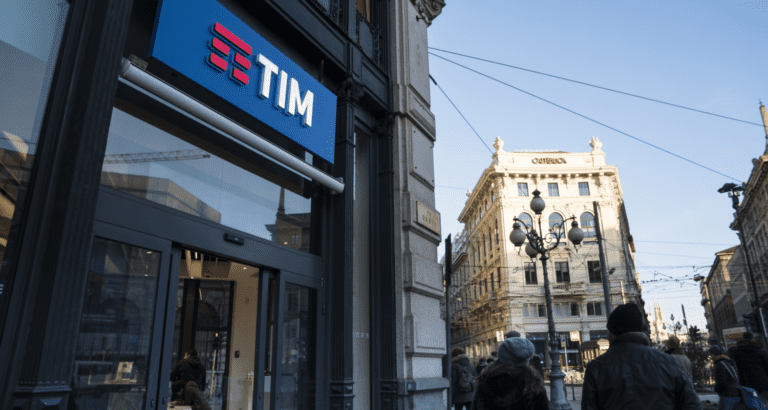The new boss has a broad mandate to make changes and pursue new areas of business.
Telecom Italia (TIM) this week opened the door to a spin-off of its prized infrastructure assets, according to a report in Reuters. TIM, which is wrestling with shrinking revenues in its hyper-competitive domestic market, last week named General Manager Pietro Labriola as CEO, its fifth boss in six years.The company said its newly appointed chief executive would explore options to create value for shareholders.
Italy’s beleaguered former telco monopoly will also continue to study a takeover approach by U.S. fund KKR and compare it with possible strategic alternatives.
KKR offered EUR 10.8 billion for 100 percent of TIM’s shares (EUR 33 billion including debt) but its bid is dependent on receiving support from TIM’s board and the Italian government, which has anti-takeover powers to protect companies considered of strategic importance. Vivendi had been working with CDP on a plan to revive TIM that does not rely on KKR, whose offer it considers insufficient.
KKR last year invested 1.8 billion euros in TIM’s fixed line, buying a 37.5% stake in the “last-mile” network to homes.
A three year plan focuses on new service areas like cybersecurity, IoT
Labriola has outlined internally a new three-year plan which he has been working on since becoming general manager in November. The plan reportedly includes separating the company’s fixed network assets from its services business.
In its statement, TIM said Labriola “underscored the need to guarantee a stable, long-lasting growth outlook for the network infrastructure, in the interest of all stakeholders,” adding that the board will examine the plan on 02 March at its full-year results meeting.
The company also said Labriola highlighted the need to focus on enterprise services such as cloud, Internet of Things and cybersecurity.
As Italy’s biggest telecoms infrastructure, TIM’s network is very strategic to Rome, which is keen to boost connectivity for businesses and households.
The board unanimously gave a mandate to Labriola to explore options, “with specific reference to the group’s infrastructure assets, including solutions that go beyond vertical integration,” it added.
